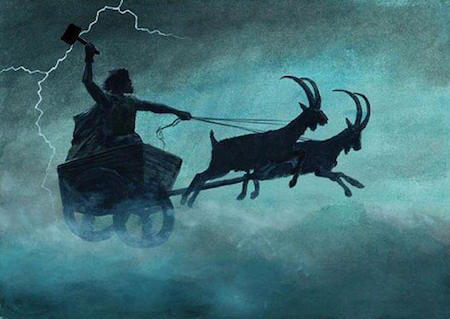They days of the week are a part of all of our lives - we are used to living our lives according to what day it is and carefully following our calendars. Have you ever thought about what's behind our weekly schedule, though?
 This ancient European calendar measures the days of the week, hours and minutes of the day.
This ancient European calendar measures the days of the week, hours and minutes of the day.
History
- Our current seven day week is thanks to the Roman Empire; they put the weekly system in place between the first and third centuries AD.
- Over the next hundred years or so, the seven day week spread throughout Europe, extending to China and India.
- The Roman Empire based the names of the days of the week on the Hellenic terms for planets (Sun, Moon, Mars, Mercury, Jupiter, Venus, and Saturn).
- Most modern romance languages have preserved this structure; the days of the week are similar in many languages because they mostly descend from the original names. English differs a bit: most of the English language day names are derived from the Norse or Old English version of the gods.
 Monday actually stands for Moon day!Courtesy of Charlie Riedel/AP
Monday actually stands for Moon day!Courtesy of Charlie Riedel/AP
The Days of the Week
- Monday is moon day. The Latin word for moon is "lunae," which explains why in so many languages the word for Monday includes "lu" or "lun."
- Tuesday is named for Mars. In languages like French, Spanish, and Italian the name for Tuesday starts with "mar." The English word comes from the Old English Tiu's day; Tiu (like Mars) was the god of war.
- Wednesday is the day of Mercury. In most romance languages, the word for Wednesday starts with "merc," though in English the name of the day comes from Woden's day, which pays tribute to the Norse god Odin.
- Thursday: In Latin, the name for Thursday honors the god Jupiter, who is responsible for thunder and lightning. In English, the name derives from the corresponding Norse god, Thor.
- Friday is Venus's day, which explains why the French name for this day is vendredi. The English name comes from the goddess Freya, who, like Venus, is the goddess of love and beauty. Sounds about right for the last workday of the week!
- Saturday is named for Saturn, the Roman god of agriculture.
- Sunday is sun's day. This is pretty clear in English, but most Romance languages adopted a different name for the day, based on Christian beliefs. For example, in Italian the name of the day is domenico, which comes from dies dominicus, which means "day of the Lord."
 In English, Thursday is named after the ancient Norse god Thor.Courtesy of geeklash.wordpress.com
In English, Thursday is named after the ancient Norse god Thor.Courtesy of geeklash.wordpress.com
Whew! There really was a lot to learn about the days of the week as we know them. Now that you've studied a bit of Roman and English history, go ahead and impress your teachers by letting them know what the name of each day of the week means. It's your chance to teach them something!
Have Your Say!
What's your favorite day of the week? Share with our Kidzworld readers in the comments below!

































